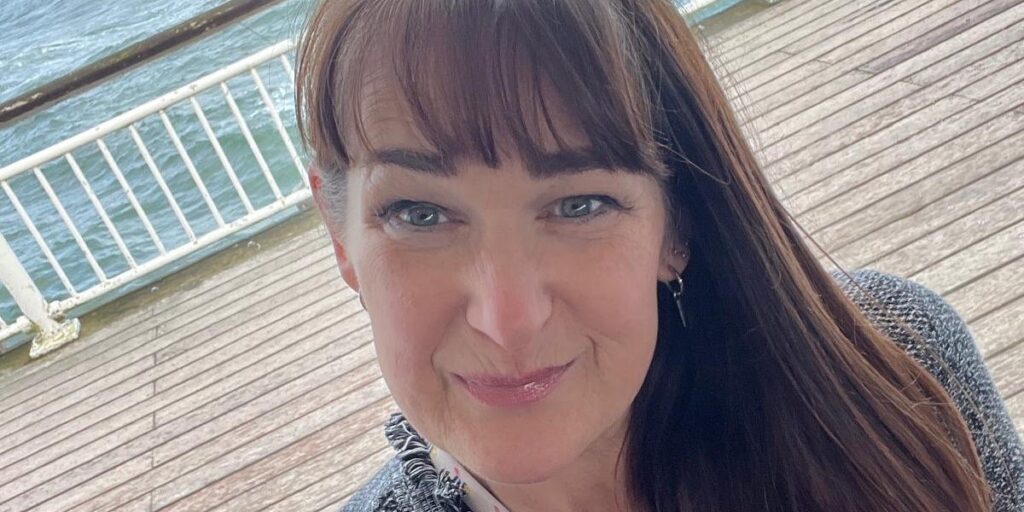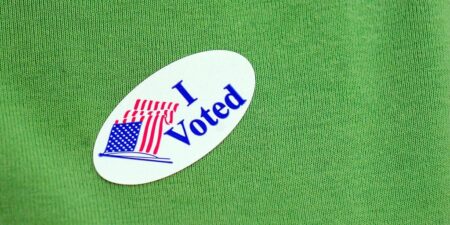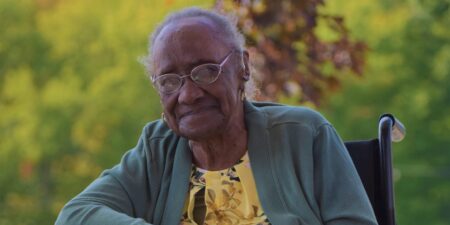This as-told-to essay is based on a conversation with Jo Merrett. It has been edited for length and clarity.
My son and daughter, now 21 and 18, were always very close to my parents when they grew up.
Mom and Dad were always around, playing with the children and helping out with babysitting. It was lovely to see their bond.
Dad is no longer alive, but Mom is still a hands-on grandmother. She often steps in to watch my niece and nephew, aged 16 and 13.
I’d love to be the same involved grandma once my kids start their own families. But, due to my financial situation — I have no savings or pension and a 20-year mortgage to pay off — I need to work into my 70s.
I won’t be around to look after my grandkids when they are young and need me the most. They’ll miss out, and so will I. Their parents will have to manage on their own — and shoulder the increasing expense of childcare.
I was happy being the primary caregiver to my kids
I married in 1999 while working as a journalist in my native UK. Then, after the birth of our daughter in June 2003, I became a stay-at-home mom.
We were fortunate because my former husband earned six figures. I supplemented our income with a little part-time work in PR.
I was happy to take the role of primary carer for our kids. But since my ex started work at 1:30 a.m. and caught up with his sleep during the day, it felt a bit like being a single mom.
Therefore, I was always super grateful when my parents babysat. It brought us closer as a family and saved a lot of money.
Then in 2018, when I was 45, my ex and I separated. It was a difficult period, both emotionally and financially. I hadn’t had a regular job for 15 years or paid into a pension.
People, especially women, talk about having a “fuck off” fund — independent savings so you can survive for a while if your financial circumstances suddenly change. It’s useful if something happens like a divorce or you quit or lose your job.
I thought our family’s future was solid, so I had no savings. Many of my friends who’ve gone through a divorce at the same age as me are in the same boat.
I received some benefits from the government — especially during the pandemic — but they weren’t enough to rely on. Between 2018 and 2021, I had various low-paying jobs like teaching French to pre-schoolers, working at a nursery school, and stacking shelves in a supermarket for below minimum wage.
I’ve counted my job applications, and there were about 1,600. Although I had a college degree, I think many employers were put off by my extended career break.
Then, in December 2021, I finally got a full-time job in hospitality. I now work as head of philanthropy at a cancer charity. As a sideline, I work as a public speaking coach. I talk frankly about the ups and downs of my life, including my finances.
I will have to work until my 70s rather than babysit my grandkids
But my ex’s child maintenance payments stopped when my kids turned 18. My divorce was finalized last year, but it hasn’t been easy. We moved into a smaller house earlier this year after I took out a 20-year mortgage with my daughter.
Unless I win the lottery, I’ve realized I’ll be tied to a job until I’m 71, at the very least. If I have grandchildren within the next five to 10 years, I’ll be a working granny and too busy to babysit. The realization that I wouldn’t be doing what many grandparents do — and what my mom still does for my sister — was a punch to the gut.
Otherwise, I have a positive mindset. I can’t change the past. One of the good things to come out of this is my daughter saying I’ve taught her wisdom and grace. You don’t know what’s around the corner. She said she would never be without her own income to secure her financial future.
Do you have an interesting story about childcare provision and finances that you’d like to share with Business Insider? Please send details to jridley@businessinsider.com.
Read the full article here
















